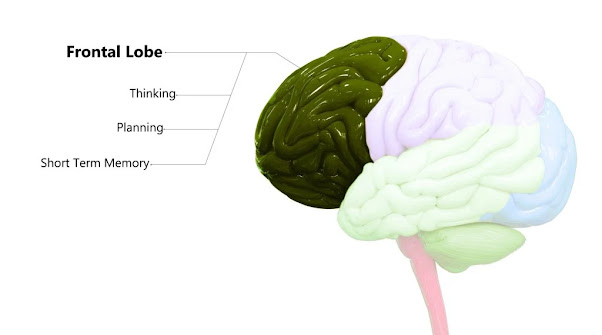The Surprising Link Between Laziness and High Intelligence

Is Laziness a Sign of High Intelligence? Here's What the Research Says In today's fast-paced world, laziness is often viewed as a negative trait. But what if I told you that being lazy could actually be a sign of high intelligence? Recent research suggests that people who prefer to take it easy might not be lacking in motivation, but rather, they might have more efficient brains. Studies indicate that highly intelligent individuals often engage in more reflective and strategic thinking. Instead of rushing into tasks, they take the time to analyze and find the most effective solutions, which can lead to a perception of laziness. These individuals are more likely to avoid unnecessary exertion because they naturally gravitate towards conserving energy for tasks that truly matter. Moreover, intelligent people tend to get easily bored with routine tasks. Their minds crave stimulation and creative challenges, which might explain why they appear disinterested in mundane activities. ...
.png)
.webp)





